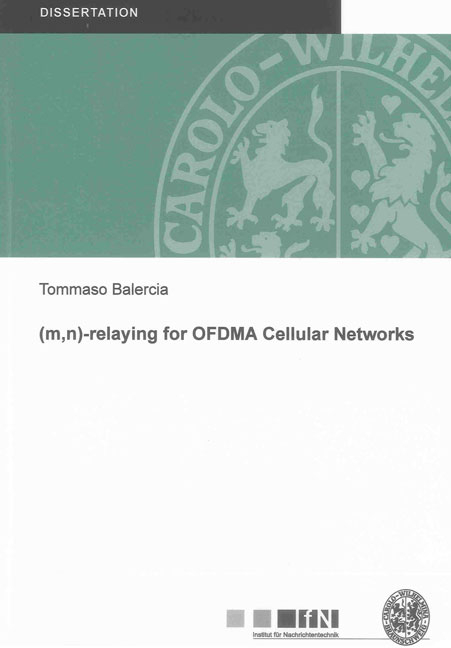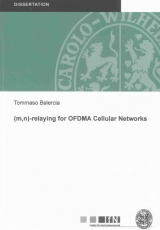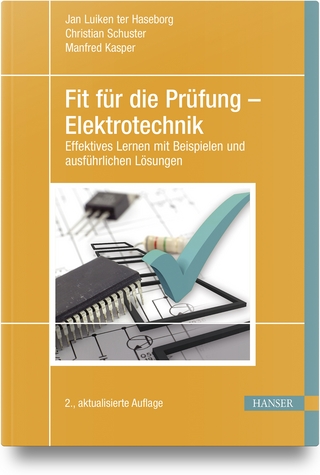(m,n)-relaying for OFDMA Cellular Networks
Seiten
- Keine Verlagsinformationen verfügbar
- Artikel merken
The system spectral efficiency of modern cellular networks is primarily limited by the presence of inter-channel interference (ICI). With the introduction of sophisticated transmission techniques capable of exploiting the spatial characteristics of the propagation channel, the mitigation of ICI has become an area of intense research. Among the approaches that were proposed, a powerful class of techniques known in literature as base station cooperation (BSC) can be regarded as the current state of the art.
Based on the establishment of inter-cell multi-user multiple input multiple output (MU-MIMO) channels between base stations and terminals, BSC is an asymmetric paradigm to ICI mitigation. The term asymmetric indicates that the complexity required to address the ICI is allocated entirely to the infrastructure, while the terminals need no modification. As can be easily inferred, this is an appealing trait of BSC. What cannot, however, be regarded as such is the fact that BSC requires to interconnect groups of base stations by means of expensive backhaul networks.
Moving from similar observations, this dissertation aims at introducing and analysing a new asymmetric approach to ICI mitigation that requires no backhaul network: (m, n)-relaying. Based on the deployment of shared relay nodes, the novel paradigm also relies on the establishment of inter-cell MU-MIMO channels. Its design, however, allows for such an establishment to occur without any exchange of information between the cells.
Due to the technological relevance of such systems, the mechanisms that define (m, n)-relaying are here presented in the context of orthogonal frequency-division multiple access (OFDMA) networks. In particular, the treatise focuses on those OFDMA networks in which all base stations and all terminals are equipped with a single antenna. As for the performance characterising the paradigm, its analysis was conducted using a deterministic propagation model whose complexity was specifically tailored for the task. The derived results indicate that, for the forward traffic, (m, n)-relaying is an effective approach to ICI mitigation.
Based on the establishment of inter-cell multi-user multiple input multiple output (MU-MIMO) channels between base stations and terminals, BSC is an asymmetric paradigm to ICI mitigation. The term asymmetric indicates that the complexity required to address the ICI is allocated entirely to the infrastructure, while the terminals need no modification. As can be easily inferred, this is an appealing trait of BSC. What cannot, however, be regarded as such is the fact that BSC requires to interconnect groups of base stations by means of expensive backhaul networks.
Moving from similar observations, this dissertation aims at introducing and analysing a new asymmetric approach to ICI mitigation that requires no backhaul network: (m, n)-relaying. Based on the deployment of shared relay nodes, the novel paradigm also relies on the establishment of inter-cell MU-MIMO channels. Its design, however, allows for such an establishment to occur without any exchange of information between the cells.
Due to the technological relevance of such systems, the mechanisms that define (m, n)-relaying are here presented in the context of orthogonal frequency-division multiple access (OFDMA) networks. In particular, the treatise focuses on those OFDMA networks in which all base stations and all terminals are equipped with a single antenna. As for the performance characterising the paradigm, its analysis was conducted using a deterministic propagation model whose complexity was specifically tailored for the task. The derived results indicate that, for the forward traffic, (m, n)-relaying is an effective approach to ICI mitigation.
| Erscheint lt. Verlag | 15.4.2014 |
|---|---|
| Reihe/Serie | Mitteilungen aus dem Institut für Nachrichtentechnik der Technischen Universität Braunschweig ; 33 |
| Sprache | englisch |
| Maße | 148 x 210 mm |
| Gewicht | 213 g |
| Einbandart | Paperback |
| Themenwelt | Technik ► Elektrotechnik / Energietechnik |
| Technik ► Nachrichtentechnik | |
| Schlagworte | base station cooperation • OFDMA • relaying |
| ISBN-10 | 3-8440-2713-0 / 3844027130 |
| ISBN-13 | 978-3-8440-2713-6 / 9783844027136 |
| Zustand | Neuware |
| Haben Sie eine Frage zum Produkt? |
Mehr entdecken
aus dem Bereich
aus dem Bereich




